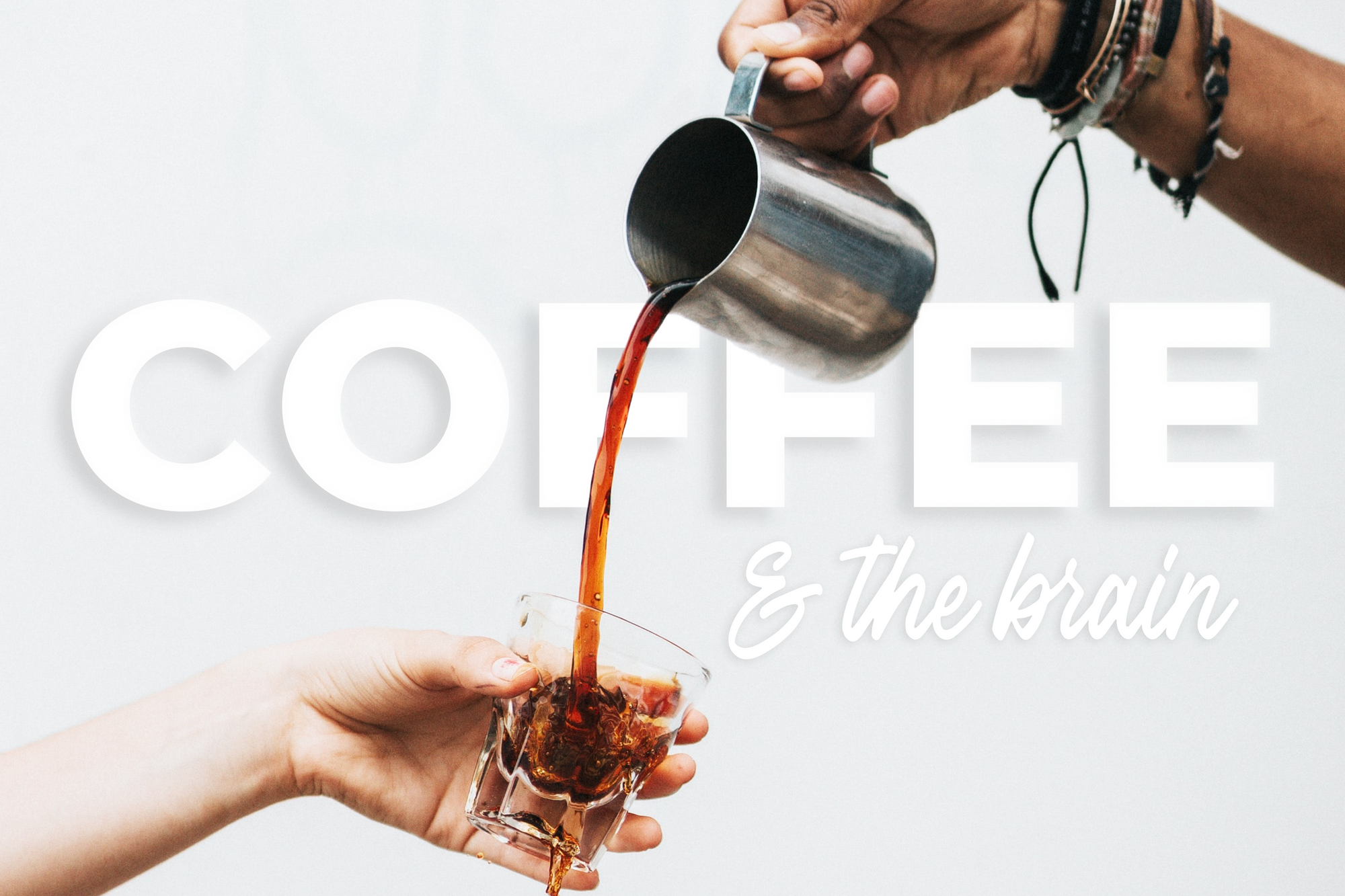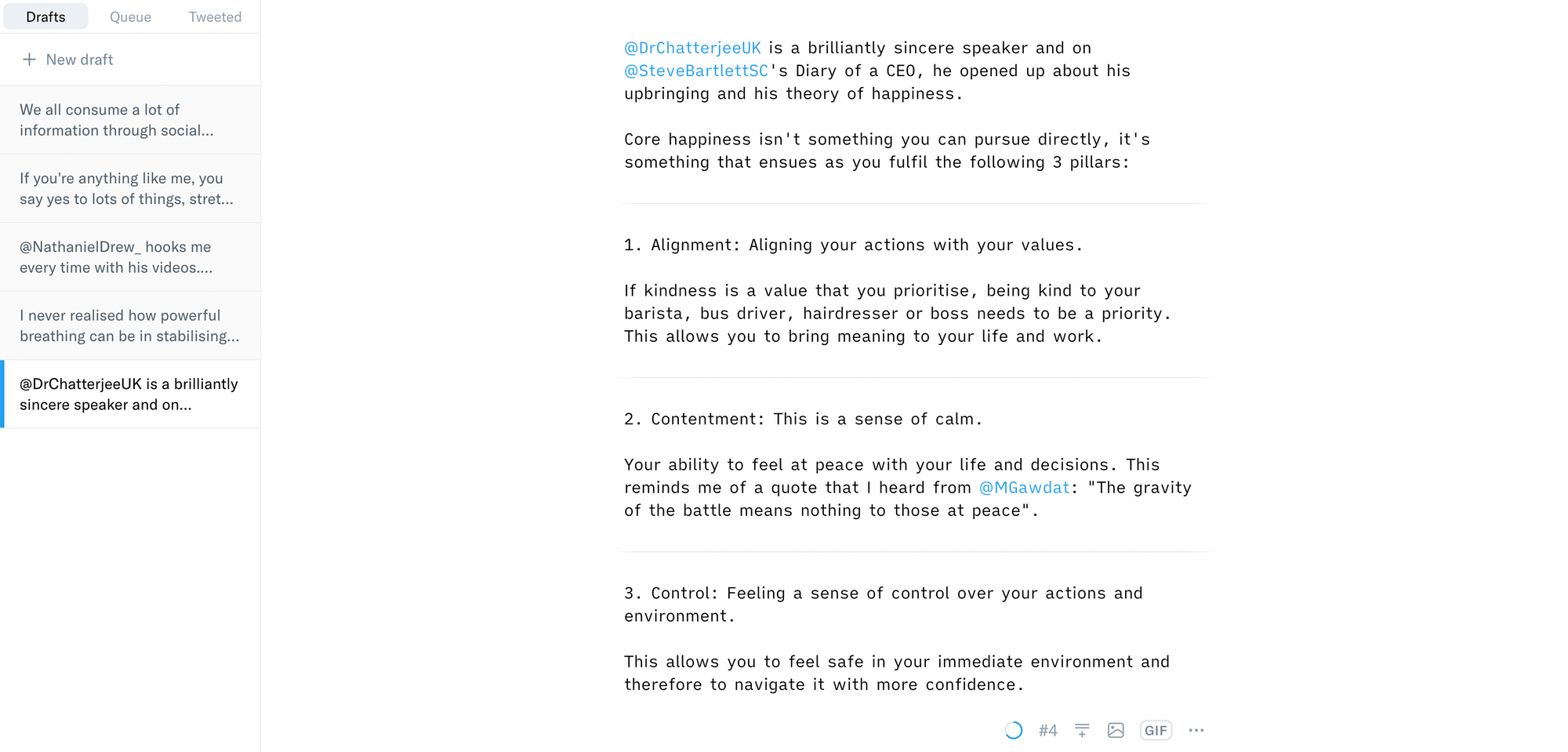Hey friends,
Today, I wanted to talk about framing problems. I heard about Seth Godin a few years ago but have never read his content. This week I did. I found an article called The gap between ‘have to’ and ‘get to’ and really enjoyed its message. Here's my take.
When we set deadlines, we often fall into the 'Have to' frame. 'I have to get this done by Friday or I fail.' This creates urgency but can often lead us to procrastinate and burnout if we use it all the time. I'm sure you've been there. We have to muster all of our extrinsic motivation to make it across the finish line. Being driven purely by the reward of completing it. Not by the task itself.
'Get to', on the other hand, shifts the frame. It's generally how we describe things that we enjoy. You don't have to get a takeaway on a Friday night, you get to because it's your treat for the week. Rather than being reward driven, the get to mindset shifts your motivations internally. Why you want to do it.
In hospital, if I'm asked to go and take blood from a patient at the end of a shift—I may think 'why do I have to do it? Can you not go instead?' Reframing this to 'oh wait, I get to go and chat to the patient, get to know them better while I practice taking bloods' is a far better way to approach the situation.
I hope that reframing to 'get to' may be useful to you this week.
🗓 What I'd Like to Share
Saints Support #StokesleyForUkraine
A couple of weeks ago, I filmed a video to try to encourage more families in the U.K. to accept Ukrainian refugees into their homes. I met Olga, a Ukrainian refugee who escaped from Kharkiv; she told me about her journey from the Ukraine to the U.K. and she pleaded for more people to show the same generosity that she received. Watch the video here.
Coffee is great for your brain, unless... (Article)
I love a coffee. My thought process behind this article was to understand the mechanism and effects of coffee given how much I drink. I had a few questions:
1. How does coffee work on the brain?
2. Why do we build tolerance?
3. Is it good or bad for us?
I set out to answer all of those questions in this article, it took a lot of searching through academic papers, but I got there eventually!

🔊 Resonators
Simon Sinek: The Number One Reason Why You’re Not Succeeding (Podcast)
The main idea that I took away from this podcast was in how to build trust with others. We think that trust is built through offering help to others. Simon disagrees. He theorises that we build trust not through offering help but through asking for it. Asking questions demonstrates vulnerability and humility.
Brené Brown is in agreement with him, in her book 'Dare to Lead' she asked:
"...what do your team members do that earns your trust? The most common answer: asking for help. When it comes to people who do not habitually ask for help, the leaders we polled explained that they would not delegate important work to them because the leaders did not trust that they would raise their hands and ask for help."
To ask for help is to admit that we don't know it all. To admit that the helper knows more than you. I found this such an interesting perspective because I've always assumed that we build trust through helping, now I see that the vulnerability of being helped also plays a huge role.
Typefully (Website)
I want to convert the ideas that I share here and on YouTube into Tweets. However, I don't have much time to be tweeting daily. I aim to solve that problem with Typefully. It allows you to write and schedule Twitter threads, so I can write them in bulk and then allow them to do the rest. If you're thinking about getting into the Twitter game, this may just be perfect for you!

Theory of Broken Windows: Why small stuff matter the most. (Blog)
The Broken Windows Theory describes the problem of escalation. In a building where you don't fix a single broken window, more will be broken. Soon, the doors get kicked through and the interior destroyed. By not fixing the window, you set a precedent.
When I read this, I'm reminded of a book I read: Lying by Sam Harris. Lies escalate. They start small, but then you have to cover the last lie with another. Little white lies are the equivalent of broken windows, if we let them grow, it won't be long until the entire building collapses.
💬 Quote
“Honest people are a refuge: You know they mean what they say; you know they will not say one thing to your face and another behind your back; you know they will tell you when they think you have failed—and for this reason their praise cannot be mistaken for mere flattery.”
― Sam Harris